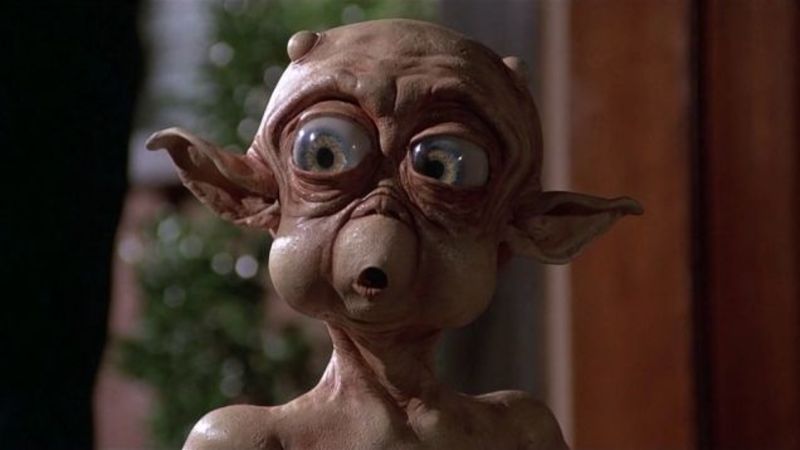Gentle-beings, we gather here today to dive into a topic that merges two of the most intriguing facets of cosmology: black holes and the multiverse theory. We seek to explore the role black holes may play in causing micro distortions within the larger scope of the multiverse.
 |
| Dr. Glorbnax |
To commence, let's briefly revisit our understanding of black holes and the multiverse theory. A black hole, as per our current understanding, is an area in space-time exhibiting such strong gravitational effects that nothing, not even light, can escape from inside it. They are believed to form from the remnants of massive stars following a supernova explosion.
The multiverse theory, on the other hand, posits the existence of an infinite number of universes, including the one we inhabit. These universes comprise everything that exists: space, time, matter, energy, and the physical laws and constants that describe them. Each universe within the multiverse is referred to as a parallel universe, or 'parallel' for short.
In this complex interaction of black holes and the multiverse, one must ponder: how could the characteristics of a black hole cause micro distortions in such a grand cosmological landscape?
Imagine the multiverse as an enormous cosmic ocean, with each parallel universe existing as a bubble within this ocean. Black holes, in this context, could act as the tides in our cosmic ocean, with their intense gravitational pull causing ripples and distortions among the delicate bubbles.
Black holes are characterized by their event horizon, singularity, and gravitational pull. It is this gravitational influence that could cause "micro distortions" in the multiverse. They could tug at the fabric of their host universe, and potentially neighboring universes, creating fluctuating gravitational waves that could distort the shape, size, and potentially the fundamental properties of those universes.
This black hole induced disturbance might result in the creation or destruction of parallel universes, cause dimensional shifts, or even provoke interactions between parallels, bridging cosmic gaps that we can barely begin to comprehend.
Furthermore, black holes, with their peculiar properties, are theorized to potentially serve as wormholes. If this were the case, they could theoretically link not just two distant points within a single universe, but also connect different universes within the multiverse.
These wormholes could cause micro distortions as they open and close, pulling on the fabric of the parallel universes around them, potentially even causing new universes to bud off from existing ones, a concept known as 'cosmic natural selection' or 'black hole reproduction'.
Let us dive into the simplest equations that lead us to these conclusions...
**** 5 hours later ****
In closing, the idea of black holes causing micro distortions in the multiverse provides an exciting vista to the field of cosmology, one that melds the mysteries of black holes with the infinite possibilities of a multiverse. It prompts us to push the boundaries of our current understanding and paves the way for futuristic ideas that will undoubtedly fuel the imagination of many generations to come.
Thank you for your attention, and let us remember that the journey to understanding our universe, or potentially multiverse, is unending, with new and astonishing cosmic truths waiting just beyond the event horizon.
No comments:
Post a Comment